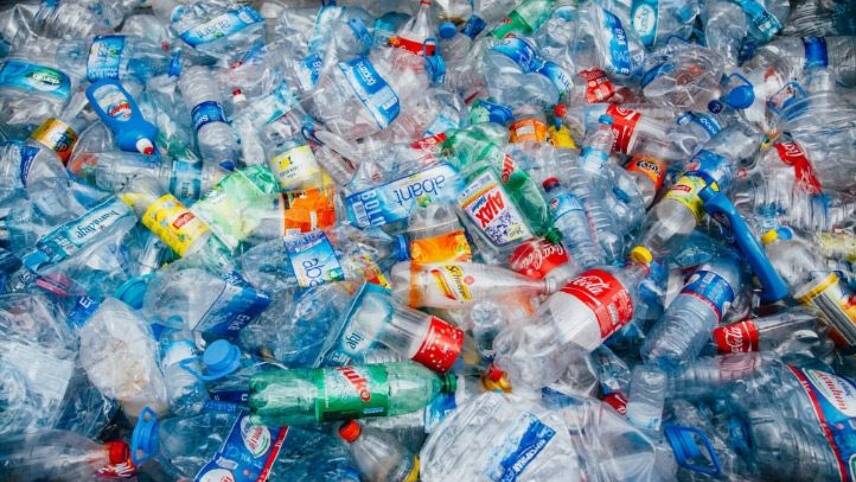Register for free and continue reading
Join our growing army of changemakers and get unlimited access to our premium content

Pact members range from manufacturers and brands to retailers and waste management firms
The progress has been revealed in WRAP’s second annual progress report on the Pact, published today (8 December). More than 150 organisations have signed up to the Pact to date and the report details data from all businesses members disclosing data to WRAP.
Under the pact, signatories make four main commitments for 2025: eliminating unnecessary single-use packaging through redesign; making all plastic packaging 100% reusable, recyclable or compostable; achieving recycling and composting rates of 70% or more for packaging, and including 30% recycled content across all packaging.
The report reveals that particularly strong progress has been made towards the first commitment, around reduction. Pact signatories collectively produced 40% fewer packaging items considered unnecessary or hard-to-recycle in 2019 than in 2018. In terms of tonnage, the reduction is around 30%.
WRAP classes plastic cutlery, plates and bowls, straws, cotton buds and drinks stirrers in this category, along with polystyrene, PVC and controversial oxo-degradable plastics. Despite strong progress overall, the body has noted specific challenges for pharmaceutical firms trying to phase out PVC and providers of dairy products and white goods trying to eliminate polystyrene. Like the Ellen MacArthur Foundation, it has also tracked a trend towards lighter-weight packaging and alternative materials taking priority over reusable containers.
With this in mind, WRAP will publish updated advice on eliminating problem plastics early next year. It will also encourage the Government to accelerate work to implement the Resources and Waste Strategy, which has stalled due to Covid-19.
Recycling concerns
Progress towards the Pact’s second target, covering recyclability, was not so promising. Some 64% of the plastic packaging placed on the UK market by Pact signatories was classed as widely recycled – the same proportion year-on-year.
While many signatories have removed non-recyclable black packaging or redesigned the plastic sleeve on drinks bottles, many others are still reliant on flexible plastic packaging. Flexible plastics account for a quarter of all UK consumer plastic packaging by weight, but just 4% is recycled. Not many local authorities collect this type of plastic.
WRAP is recommending that businesses which are unable to shift to an alternative format scale up and accelerate work to dramatically improve collection and recycling infrastructure.
The report states that the proportion of the members’ packaging that would be classed as widely recycled would rise to 79% if the UK had the at-scale infrastructure for processing mono-material films. Some members have invested in targeted take-back schemes or chemical recycling pilots, but WRAP is concerned that this approach is too piecemeal and is not adding up quickly enough.
WRAP chief executive Marcus Gover said he is “delighted” with some of the Pact’s results so far – but that there will “always” be more to do.
“Developing solutions to overcome the challenges of recycling flexible plastic packaging will be a particular priority,” he said. “Collection points for plastic bags and films at supermarkets will be an important step in the right direction, but we need all supermarkets to collect all plastic films to make this work.”
Sarah George


Please login or Register to leave a comment.